World Oceans Day 2023: The Sustainable Steps That Will Help Protect Marine Life
5 minutes read
June 8 marks World Oceans Day, a day dedicated to raising awareness about the importance of our oceans and how we’re all connected, sustained and supported by them. Yet, as we speak, they are at their tipping point in terms of liveability so is the well-being of those who depend on them, us included.
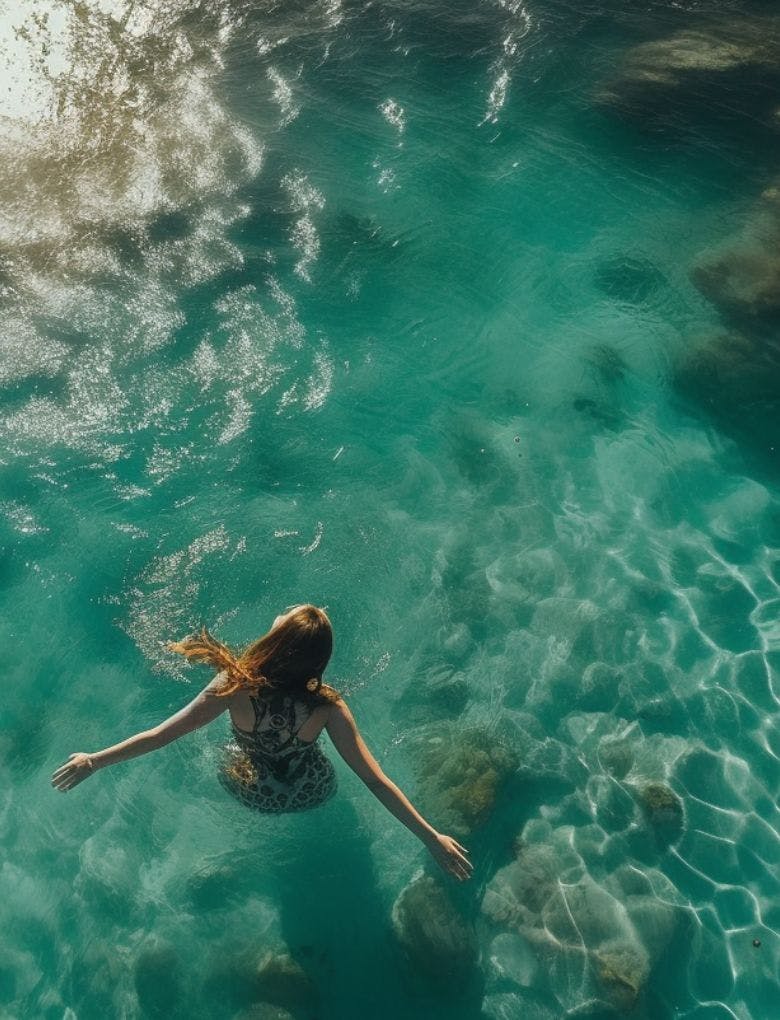
What is the theme of World Oceans Day 2023?
The theme for 2023 is Revitalisation: Collective Action for the Ocean. It is a wake-up call for all of us to act together to preserve and protect the marine resources and sustainably reconnect with the oceans to ensure that their benefits can be enjoyed for generations to come.
“World Oceans Day is an opportunity to understand the actions we can take to keep our single world ocean healthy. If it is healthy, it can continue to support all of us—oceans matter. Reduce, reuse and recycle. Every action helps. Just like the ocean is made up of endless drops of water, so every single action we take contributes to a greater aim and a healthier whole,” Dan Laffoley, leading global expert on ocean conservation and marine sciences, emeritus marine vice chair at IUCN (International Union for Conservation of Nature) tells Beauty Daily.
How To Celebrate World Oceans Day?
In celebration of World Oceans Day 2023, we list the sustainable steps you can take to protect marine life and support ocean-friendly brands to cut down on plastic pollution and consumption.
1. Try a plastic-free solid shampoo bar.
“You know the phrase ‘it’s only one plastic straw, said 8 billion people’ – it’s about little changes all mounting up to make a significant difference and eco-ing up your bathroom, that one small room in your home, will make a difference,” says Emma Heathcote-James, Founder of Little Soap Company.
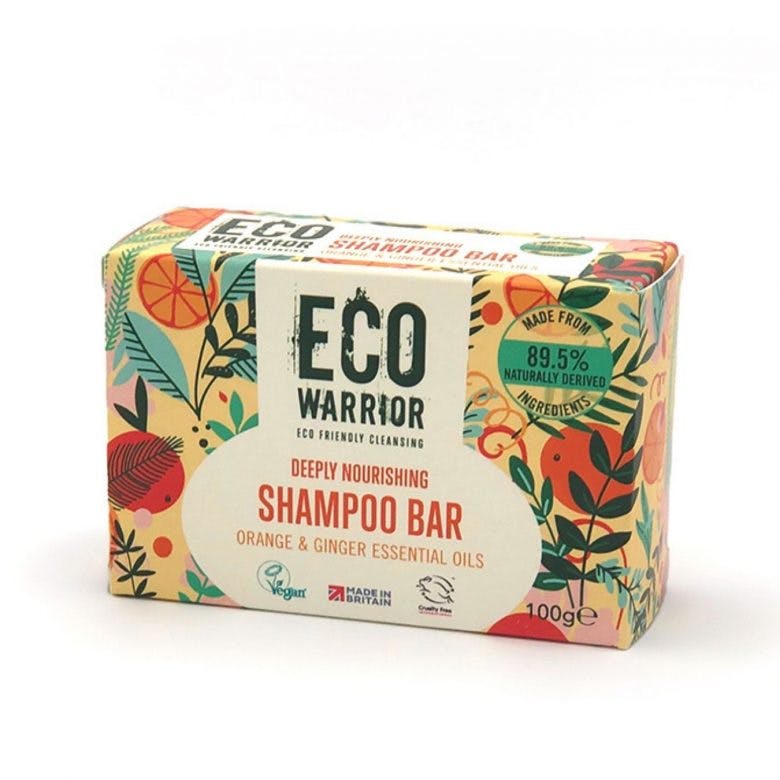
With a reported 80 billion plastic shampoo and conditioner bottles getting thrown out globally every year, using a plastic-free, solid shampoo bar can make more of a difference than you probably realise. “Our Eco Shampoo Bars (£5.50 /100g) are 5x more concentrated than a liquid formula, with each bar replacing (on average) two 250 ml liquid shampoo bottles. Making this simple, sustainable swap will not only reduce your plastic consumption and pollution. Plus – they last far longer, offer great value for money,” she says.
2. Check out menstrual cups or period-proof underwear.
Surprisingly, disposable sanitary napkins are made of 90% plastic. Yes, even the upper layer, commonly referred to as the fabric layer, is a plastic woven sheet. So, if you want to cut back on waste, reusable period products are a really good solution.
3. Participate in a beach clean-up or clean after yourself when going to public beaches.
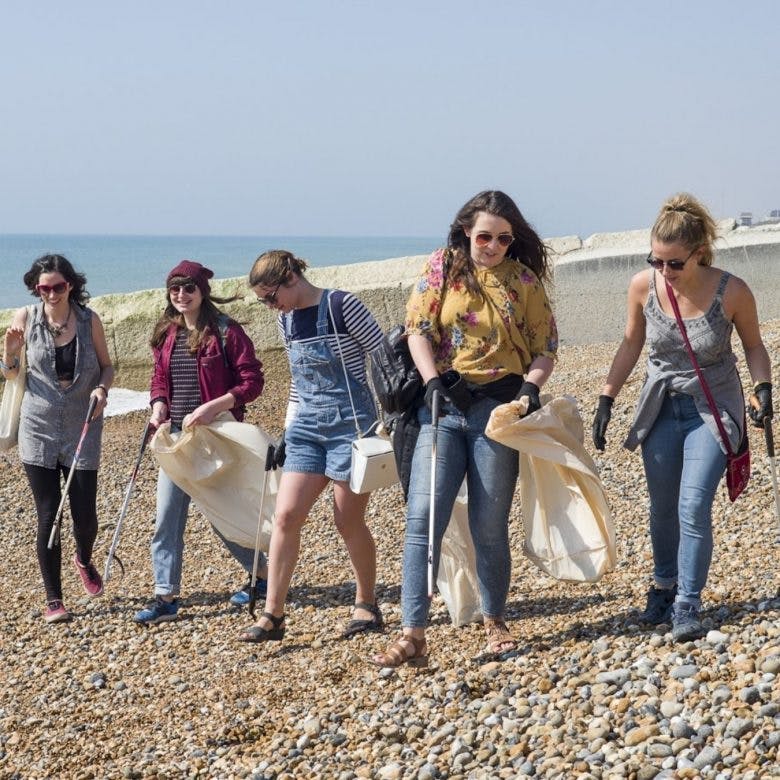
If you’re up for it, why not sign up for a beach clean with the Surfers Against Sewage and be an Ocean Activist. Recently, they have organised the Million Mile Clean, one of their biggest beach clean campaigns to date, with 138,425 volunteers, removing 387,563 kilograms of plastic from the environment and cleaning up one million miles of UK coastline. They have thousands of clean-ups happening throughout the year, involving beaches, rivers, streets, and mountains. Check their next beach clean-up and follow them on Facebook or Instagram. Do your own Mini Beach Clean; here’s how.
4. Dump single-use plastics.
Say no to single-use straws, plastic cutlery, coffee cups, water bottles, plastic bags and take out containers. Bring your reusable containers instead. We love the Ocean Bottle. It keeps your cold drinks cold and your hot drinks hot. Ice, soup, coffee, and smoothies are all good and help save the ocean.
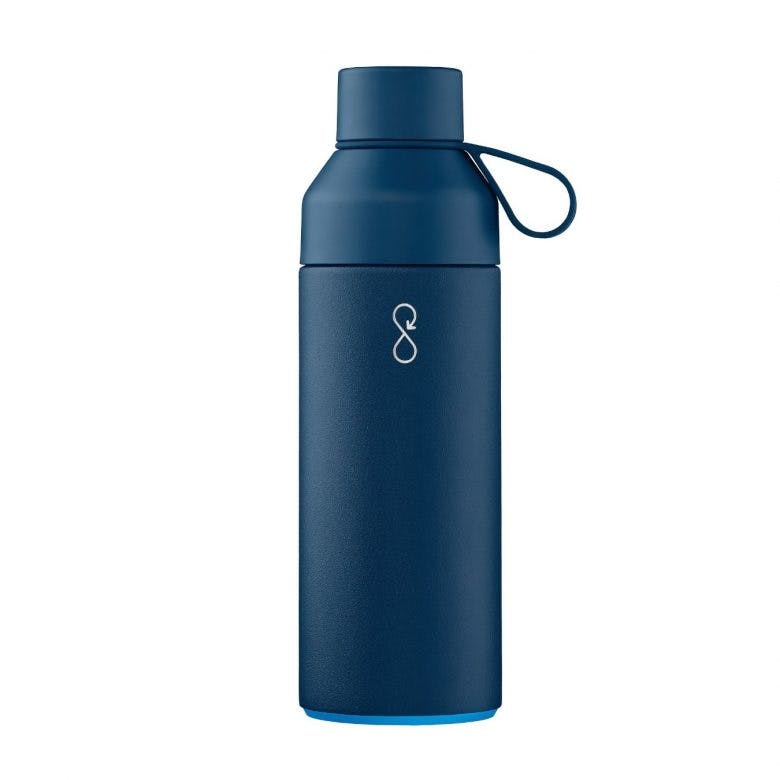
“An Ocean Bottle is not just another reusable product. This one enables you to directly impact the plastic crisis where it matters most. When you get yourself an Ocean Bottle (£35/500ml), you instantly prevent 1,000 plastic bottles from entering the ocean in coastal communities worldwide and can fund more plastic collection every single day just by using it. Additionally, you support the livelihoods of the collectors who can exchange this plastic for money and access social resources such as healthcare, education and financial security,” says Will Pearson, Co-CEO of Ocean Bottle.
5. Avoid products that harm marine flora and fauna.
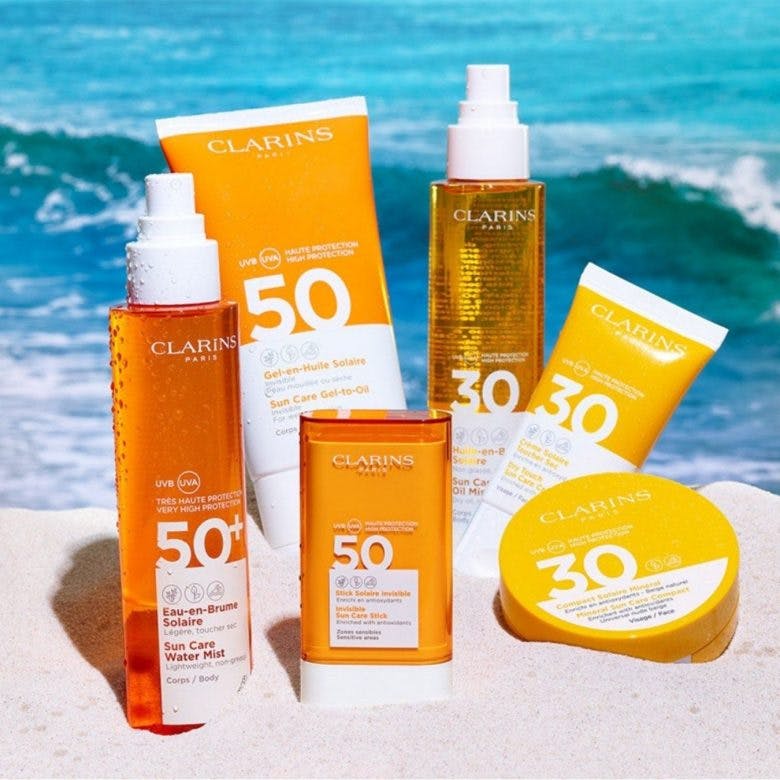
Instead, start by protecting sea life with reef-safe sunscreens like the re-formulated Clarins Suncare Range. FYI: It is marked with a symbol to indicate that the formula does not harm coral.
6. Support brands working to protect the oceans.
Christian Courtin Clarins, President of the Clarins Supervisory Board, banned the use of plastic bags from all his outlets in 1999 after being angered and frustrated by marine pollution while sailing in Asia. This led to Clarins working with Plastic Odyssey, the first expedition around the World to fight plastic pollution aboard a ship that delivers solutions to the worst polluting countries so they can turn plastic into a resource. The Aroma Collection range is made with 100% recycled packaging from recycled materials. By 2025, Clarins pledged to use 100% recyclable or recycled containers for all products.
7. Be wary of microbeads.
While plastic microbeads in cosmetics were banned UK-wide back in 2018, Clarins took a pioneering decision to remove plastic microbeads from all its exfoliators well before they were officially banned. So be assured, that Clarins uses natural alternatives like cellulose microbeads, lava powder, sugar, and salt crystals.
The concern with microbeads is when they get drained and flushed out into the ocean; the plastic particles are ingested by marine life and make their way into our food system. If you are uncertain whether the beauty products you use have microbeads in them, check the label and avoid brands and products with these ingredients: Polyethylene (PE), Polypropylene (PP), Polyethylene terephthalate (PET), Polymethyl methacrylate (PMMA) and Nylon (PA).
8. Don’t flush the wipes.
From using wet wipes on the kitchen surface to removing make-up or changing nappies, the use of wet wipes is widespread. However, when disposed of incorrectly and flushed down the toilet, these wipes, which contain plastic, release microscopic pieces of plastic (known as microplastics). These microplastic particles can end up polluting the sea. Wet wipes with ‘Fine to Flush’ logo are flushable.
9. Eat sustainably sourced seafood.
Shopping from local seafood is both economically friendly and a sustainably smart choice. There are more than 150 different species of fish caught in British waters, leaving us with plenty of options. The Marine Conservation Society (MCS) Good Fish Guide 2020 ranks each species from ‘Best Choice’ to ‘Fish to Avoid’ based on the species itself, its location and the fishing methods used to catch it.
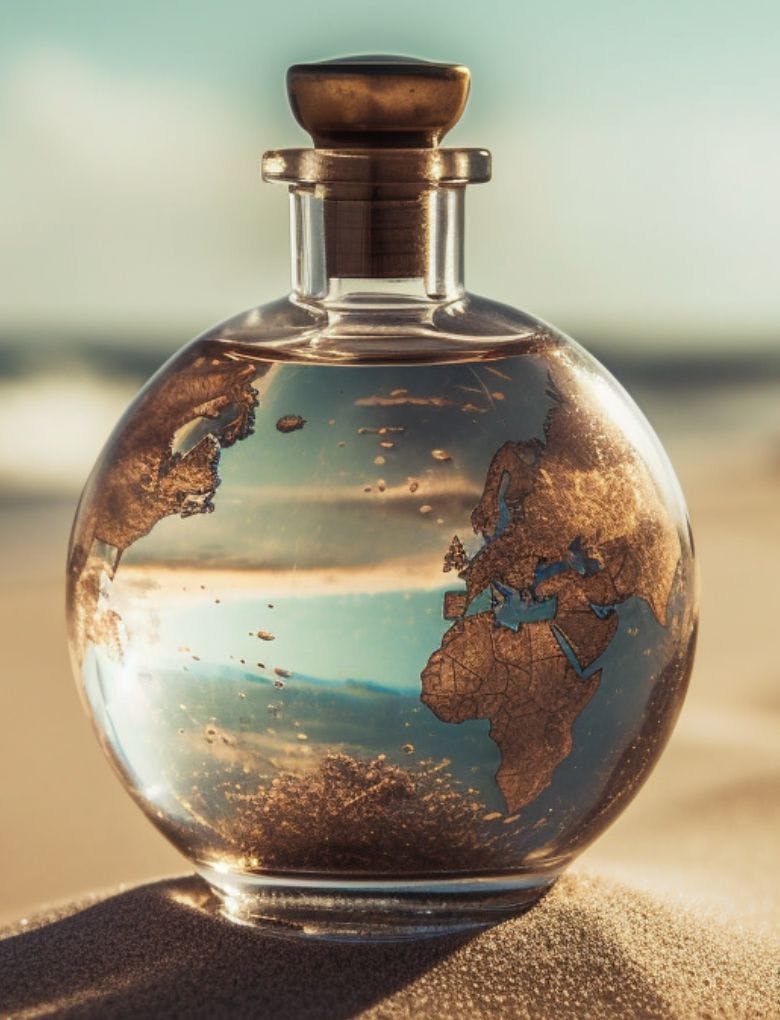
Sign up for our newsletter
We will keep you in the loop for special offers, exclusive gifts and product news.

